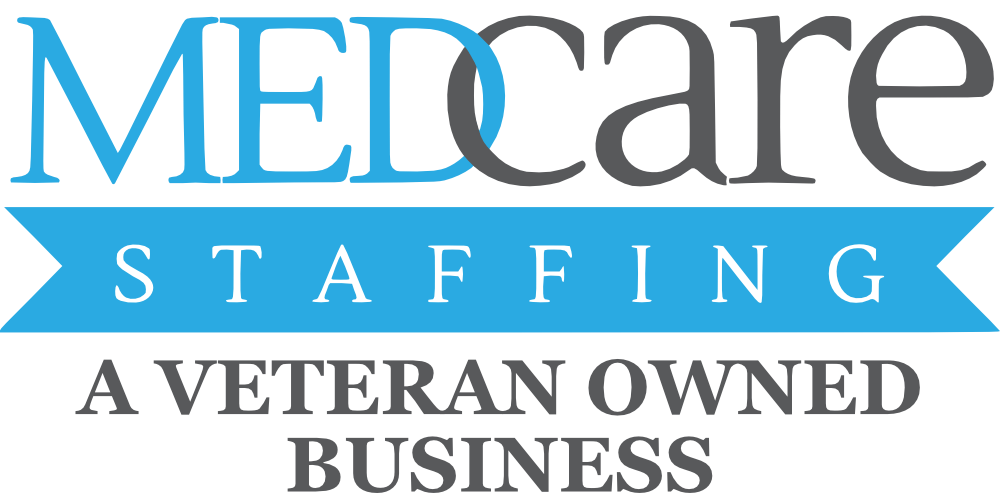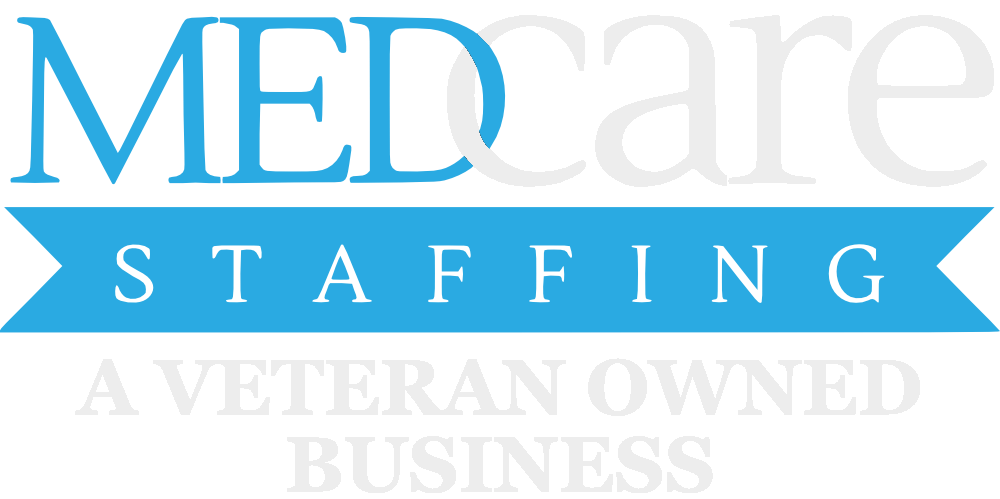
Frontline workers and healthcare providers have felt mental health burdens on an extreme level. There’s no doubt COVID-19 has caused increased stress, doubt and fear leading to burn out. However, there is a mental illness stigma that has been identified as a barrier to access treatment and recovery.
Here Are 5 Facts You Need To Know To Improve Your Mental Health
- Physicians Face Greater Mental Health Risks
A 2017 study found that physicians are at an increased risk for burnout as compared to other workers in the United States. Physicians die by suicide at twice the rate of any other profession. It’s estimated that one doctor dies per day.
- Symptoms Of Stress and Workplace Burn Out
Many people may be experiencing symptoms of stress and not even be aware of it. It’s important to be conscious of your physical and mental well-being. Especially when you are taking care of patients.
The CDC reports symptoms of stress include:
- Feeling irritation, anger, or denial
- Feeling uncertain, nervous, or anxious
- Feeling helpless or powerless
- Lacking motivation
- Feeling tired, overwhelmed, or burned out
- Feeling sad or depressed
- Having trouble sleeping
- Having trouble concentrating
- Compassion Fatigue
Compassion fatigue is common amongst healthcare providers who are suffering from burn out due to mental health issues. Stress related to being exposed to a traumatized individuals further describes compassion fatigue and what many healthcare providers are experiencing during the COVID-19 crisis. The characteristics of compassion fatigue include: exhaustion, anger and irritability, negative coping behaviors including alcohol and drug abuse, reduced ability to feel sympathy and empathy, a diminished sense of enjoyment or satisfaction with work, increased absenteeism, and an impaired ability to make decisions and care for patients and/or clients. It’s important for all healthcare providers to recognize these symptoms of compassion fatigue and seek mental health services in order to destress and decompress.
- Healthy Ways To Cope With Stress
When feeling stressed out and overwhelmed it’s best to focus and bring yourself into the present moment. Deep breathing techniques, and stretching are a great way to practice being present while working in a busy healthcare environment. Meditation and Yoga can also help alleviate stress and improve mental health. Avoiding excessive alcohol and tobacco and finding healthier alternatives like walking and light exercise can also help you cope with stress and workplace burn out. Making time to unwind and getting better sleep are important techniques to practice on a daily basis.
- Telepsychiatry and Mental Healthcare Apps.
Studies suggest that healthcare providers should have regular screenings geared toward mental health evaluating for stress, depression, and anxiety by using multidisciplinary psychiatry teams. Telepsychiatry allows for greater flexibility and scheduling of mental health appointments. Many healthcare providers work odd hours which may make it difficult to seek mental health services. Mental health apps are a great alternative if you are struggling to handle your mental health on your own and are on a budget.

